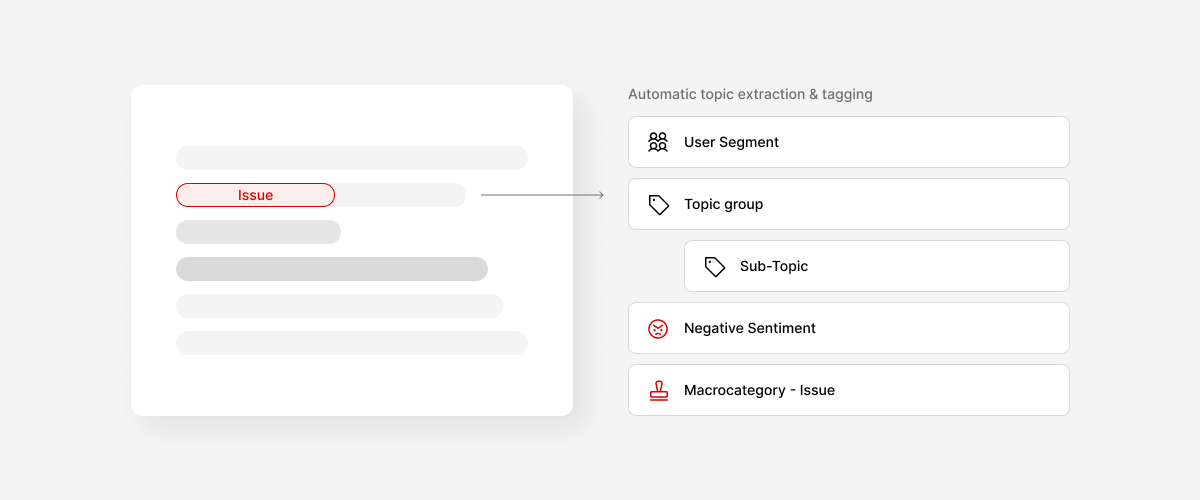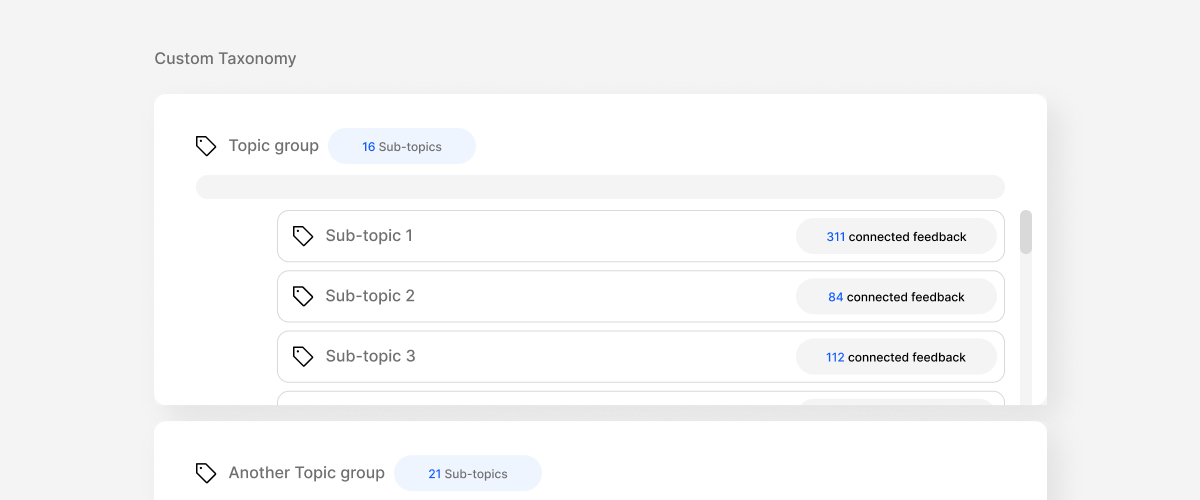Understanding DevOps: A Collaboration for Faster Delivery
The Traditional Approach and Its Shortcomings:
In the past, software development followed a linear path: engineers built the software, then handed it off to a separate IT operations team for release. This disconnect between teams often led to slow and inefficient transitions, hindering the software's time to market.
DevOps: Bridging the Gap
DevOps aims to bridge this gap by combining software development and IT operations under a single umbrella. This fosters collaboration throughout the entire software lifecycle, leading to:
- Faster releases: By working together, teams can identify and address potential issues earlier, streamlining the release process. This is especially crucial in environments with continuous integration and deployment.
- Enhanced collaboration: Early and frequent interaction between development and operations teams improves communication and fosters a more synergistic environment.
Beyond Structure: The Core Principles of DevOps
While the organizational structure is important, DevOps is truly defined by its core principles, designed to optimize the software development lifecycle:
- Shared responsibility and ownership: DevOps emphasizes a collective ownership of the entire process, from coding to customer delivery. This fosters a sense of accountability and shared goals, leading to improved product quality and efficiency.
- Shifting left: Integrating testing and operations earlier in the development cycle (known as "Shift Left") helps identify and resolve potential issues proactively. This minimizes disruptions and downtime later in the process.
- Automation: Repetitive tasks like unit testing, packaging, and release management are automated to ensure smooth and consistent releases. This frees up valuable time for developers to focus on innovation.
- Continuous feedback and measurement: DevOps emphasizes early integration of metrics, measurement, and feedback mechanisms. This enables teams to identify and address issues early, ensuring a smooth transition to production.
- T-shaped skills: DevOps values individuals with broad knowledge across the entire software lifecycle, combined with deep expertise in specific areas. This fosters better collaboration and problem-solving compared to siloed approaches.
Embracing the DevOps Culture:
While the framework provides structure, a successful DevOps implementation requires the right mindset. Team members should be willing to adopt this collaborative approach and develop the necessary skills to understand both development and operations aspects.
By embracing these principles and fostering a collaborative culture, organizations can leverage DevOps to create a more transparent, efficient, and streamlined software development process, ultimately delivering higher quality products to market faster.



































